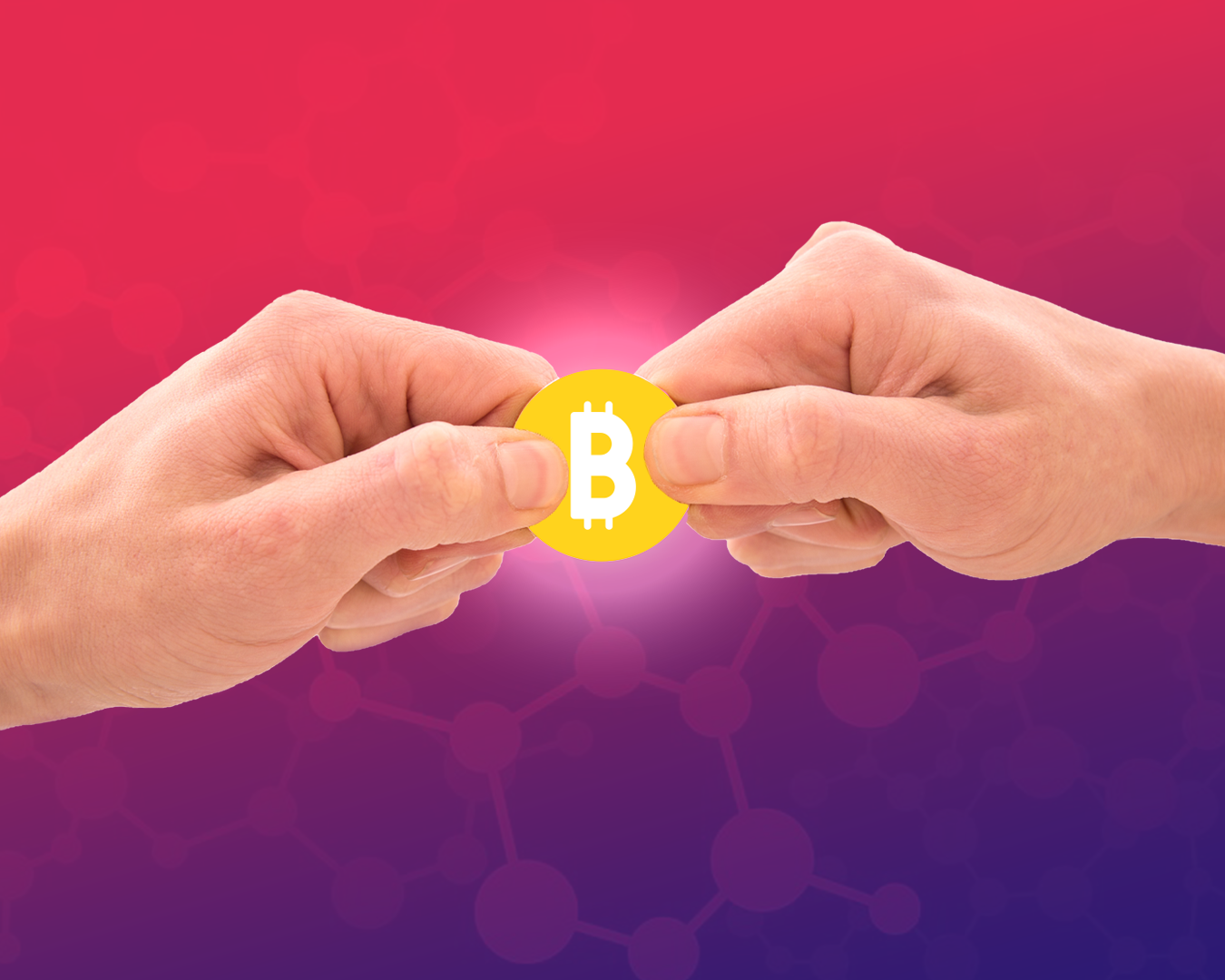Many people are looking at Bitcoin as both an investment option and a method of payment these days. We know that Bitcoin offers a faster and cheaper alternative to sending (fiat) money overseas, but just how long does it take to send Bitcoin? While there is a lot of different information out there, we’re going to show you how to work out how long it might take, and provide an explanation on what exactly is happening behind the scenes.
What Happens When You Send Bitcoin?
As Bitcoin exists only in the digital realm, it is sent using blockchain technology. The process starts with the sender setting up a transaction from their wallet. They will indicate how much BTC they’d like to send, and to where it is going (using the recipient’s wallet address).
The wallet will indicate how much in network fees will need to be paid for this transaction, and the sender will confirm that they accept this. Network fees are fees paid directly to the miner who verifies the transaction, as compensation for their time and energy. In the most basic terms, the sender is broadcasting a message to the network saying “I want to send x amount of BTC to my friend and will pay 0.00001 BTC to whoever executes the transaction.”
Once sent, the transaction will then enter a pool of unconfirmed transactions, known as a mempool, from where a miner will pick it up and verify it. The verification process involves the miner solving a complex cryptographic puzzle, and in turn checking that the sender has enough funds and that the recipient’s wallet address exists.
Once confirmed, the miner adds all the confirmed transactions (around 3,000) to a block and this block is then added in chronological order to the blockchain, for anyone to see. All transactions are logged with the following information: the sender’s wallet address, the recipient’s wallet address, the amount that was sent and the date and time.
How Long Does It Take To Send Bitcoin?
The act of sending Bitcoin (entering the amount and wallet address) can take seconds, it is the mining process and network confirmations that take longer. Typically, Bitcoin blocks take 10 minutes to mine, so the process of the funds arriving in the recipient’s wallet should, on a good day, take 10 minutes.
Network fees fluctuate based on how busy the network is at the time. A sender can also opt to pay a higher network fee in order to get their transaction confirmed faster. However, if the network is not too congested, the transaction could be confirmed in under 10 minutes. It all depends on the network at the time (how many people are sending Bitcoin at the same time). Below is a chart graphing the varying times it takes for a block to be mined.
My Transaction Has Been Verified, Now What?
Once the miner has added your transaction to a block, this is then broadcast to all the nodes on the network and the blockchain is updated. In some cases, two miners will both verify the same transactions and add two blocks to the blockchain at one time. This is known as a fork or a chain split. The determining factor in whose block gets recorded is how quickly the next block is added to one of the two chains. Once a block is added to one of the newly formed chains, the longer chain gets recorded.
After the transaction is added to a block it will show in the sender’s wallet as “confirmed with 0 confirmations”. Every time a new block is added to the chain after that it will count as another confirmation. In most cases, wallets require 3 confirmations before the sender is able to access the funds, however some merchants might require 6 confirmations. Typically, confirmations take 10 minutes each time, so 6 confirmations would equate to 60 minutes.
The rule of thumb with Bitcoin confirmations is: the bigger the transaction, the longer to wait before accepting it as final. For smaller transactions, 1 confirmation might be fine, while for very large transactions one should wait a day before confirming that it is complete. Once the confirmations are complete, the recipient can do with the Bitcoin what they please.
Can I Speed Up How Quickly My Transaction Gets Confirmed?
As we mentioned earlier, users who pay higher network fees (also referred to as transaction fees) can get their Bitcoin transactions verified more quickly. Wallets will typically indicate a network fee based on how busy the network is at the time and usually will opt for a higher network fee in order to ensure that the transaction is completed more timeously. If you are in a hurry, it would be best to find a wallet that allows you to adjust the network fee in order to speed up the process.
Another option is to use the Lightning Network. This is a protocol built on top of the Bitcoin network that facilitates transactions near-instantly and with no fees. This process is not very user friendly, and a lot more complicated. You can read more about it here and the wallets that support Lightning Network payments.
How Long Do Bitcoin Transactions Take?
In conclusion, Bitcoin transactions can take anywhere from 10 minutes to an hour depending on the network capacity at that time, the network fee that the sender paid, and the number of confirmations you need to wait for. For larger transactions, the confirmation time should be longer. Users looking to send BTC more quickly should pay a higher network fee, or try to use the Lightning Network.
_______________________________________________________
Oobit Technologies Pte, 50 Raffles Place #37-00 Singapore Land Tower, Singapore (048623). is a company registered in Singapore (no:201716443G), that has been approved as Appointed Representative of Oobit Technologies OÜ, Harju maakond, Tallinn, Lasnamäe linnaosa, Väike-Paala tn 2, 11415, (no: 14852617 ). Which is authorized and regulated by the FIU (no: FVR001421 and FRK001304).
